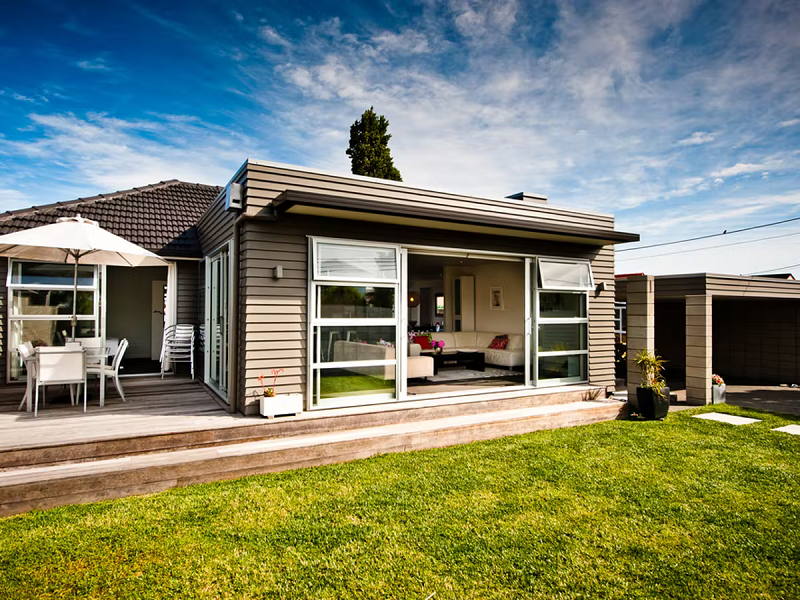
The seasons have become increasingly extreme over the most recent years, with the UK experiencing its hottest days on record. It then seems likely that we will soon experience another heatwave or lengthy season of high temperature over the coming years too. As such, if you haven’t already prepared your home to be comfortable during potentially hot days, then it may be time to start considering necessary changes.
There is, thankfully, a number of ways in which a home can be made to adapt to hot weather, helping us to stay cool during summer. While some might rely on their frozen treats or numerous fans, these should not be our only effort to deter high temperatures, instead, we should be willing to change the fundamental design of our living spaces.
Use Curtains
Our homes will become quickly warm if sunlight is allowed to fill our living spaces unimpeded by curtains or blinds. By making use of shades, a home can be kept much cooler while still allowing some natural light inside. If you’re going to be leaving the house, for example, take a moment to close the curtains on your way out. This way, when you return, your home will be much cooler than it would have otherwise been.
Insulate Your Home
Insulation is a topic that often occurs when discussing how to keep your home warm during winter. However, it has a similar number of benefits during the summer too, helping cool air to stay inside the house and keeping the heat out, much like an insulated water bottle. Depending on your budget, there are even eco-friendly ways to insulate your home too.
Outside Space
Gardens are a luxury during the summer, allowing residents to find refuge outside and in nature. Shade, however, will be an essential feature of any garden that is to be enjoyed during the height of summer heat, or else individuals will quickly become dehydrated, fatigued, or sunburned. Trees, log cabins, bushes, and gazebos are all features that can greatly enhance a garden and help to keep it, and residents, cool during summer.
Adjust Your Routine
Cooking raises the temperature of your home, from using the oven to repeatedly opening your fridge. Other errands, such as washing clothes or turning on the dishwasher also generates heat. While it may seem like a relatively small amount, it can make a substantial difference on a hot day. As such, it is important to adapt your routine and minimise these tasks or perform them during the early morning and late evening instead.
Consider Your Arrangement
Simply pointing a fan at yourself won’t cool you down as much as pointing it toward an open window. Neglecting to close doors to other rooms will also compromise their usefulness too, which is why, before purchasing a fan and considering its value to be little, you should ensure your home’s arrangement is optimum. Keep windows open at night and with fans pointed toward them. Close doors and unplug charging devices during the middle of the day. These small changes will help to make a big difference when it matters.

